detail profile branko vu c4 8di c4 87evi c4 87
Peran Yang Di Mainkan Branko Vučićević
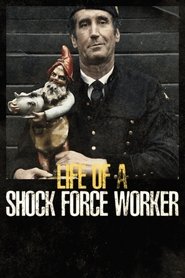 Adem a Bosnian coal miner who...
Adem a Bosnian coal miner who...Life of a Shock Force Worker 2025
Adem, a Bosnian coal miner who spends his days digging in the dark depths, and in very harsh conditions, is praised for his work and achievements and known as an exemplary socialist worker.
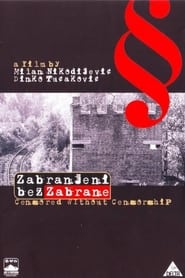 Through the conversation with Yugoslav film...
Through the conversation with Yugoslav film...Censored without Censorship 2007
Through the conversation with Yugoslav film authors and excerpts from their films, this documentary film tells a story of a film phenomenon and censorship, and its focus is, in fact, a painful epoch of Yugoslav film called “a Black Wave”, which was the most important and artistically strongest period of Yugoslav film industry, created in the sixties and buried in the early seventies by means of ideological and political decisions. The film tells a great “thriller” story of the ideological madness which characterised the totalitarian psychology having left multiple consequences felt up to our very days. It stresses similarities between totalitarian regimes defending their taboos on the example of the persecution of the most important Yugoslav film authors. Those film authors have, however, made world careers and inspired many later authors. The film is the beginning of a debt pay-off to the most significant Yugoslav film authors.
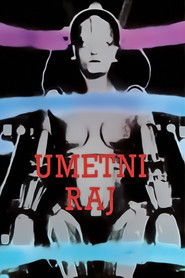 Los Angeles in 1935 Fritz Lang receives...
Los Angeles in 1935 Fritz Lang receives...Artificial Paradise 1990
Los Angeles in 1935. Fritz Lang receives in his hotel apartment the young film amateur Willy, who wants to prepare an interview with him. At a certain moment Lang starts relating how, as an army officer in the First World War, he spent some time in the house of the lawyer Karol Gatnik in a small town in the northeast of Slovenia. Lang makes friends with Gatnik and gets aquainted with all members of his family. When Lang finds out that Gatnik is a passionate film amateur and that he also possesses his own camera, they make a film together. This is probably Lang’s first contact with cinematography. Late at night Lang looks at the photographs in Los Angeles and revives in his spirit the imaginary meeting with his friend Gatnik.
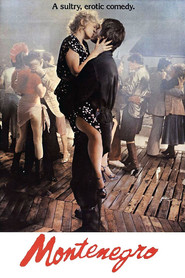 Marilyn Jordan an American lives in...
Marilyn Jordan an American lives in...Montenegro 1981
Marilyn Jordan, an American, lives in Stockholm with her Swedish husband and family. Her behavior is bizarre, perhaps mad: she poisons the dog's milk and advises the dog not to drink it; she sets the sheets afire as her husband sleeps; she crawls under the dining table to sing. While detained at airport customs for carrying pruning shears, she meets a young Yugoslav woman and goes with her to a Gypsy enclave where she's fought over, takes a lover, helps with the sordid entertainment at a bar, and returns home more dangerous than before. The film also tells parallel stories of Marilyn's daughter becoming a junior homemaker as the young immigrant practices her striptease.
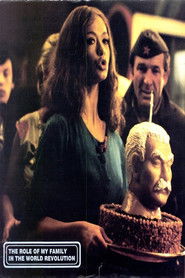 After WW2 a group of partisans...
After WW2 a group of partisans...The Role of My Family in the World Revolution 1971
After WW2, a group of partisans comes to a bourgeois family in order to teach them singing and declamation of new songs. The family soon forgets their old customs and principles.
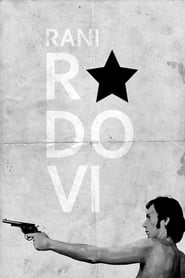 Inspired by Karl Marxs Das Kapital...
Inspired by Karl Marxs Das Kapital...Early Works 1971
Inspired by Karl Marx's "Das Kapital", three men and a girl named Jugoslava decide to wake up the conscience within the working class and peasants. Faced with the primitivism and a lack of morale, their revolution fails and the girl is the one to be sacrificed as a witness of their unsuccessful attempt.
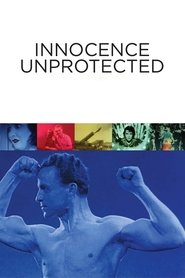 A documentary about the famous athlete...
A documentary about the famous athlete...Innocence Unprotected 1968
A documentary about the famous athlete and movie enthusiast who made Serbia's first sound film, Innocence Unprotected. The Nazi occupation of Belgrade prevented the film from gaining wider acclaim. Director Makavejev intersperses clips of the original film with interviews of surviving cast and crew members, as well as newsreel and archival footage.
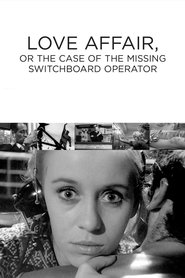 After many adventures a young female...
After many adventures a young female...Love Affair, or the Case of the Missing Switchboard Operator 1967
After many adventures, a young female switchboard operator starts a love relationship with a serious young man. But while he's away on business, she gets lonely and succumbs to her colleague's passes.
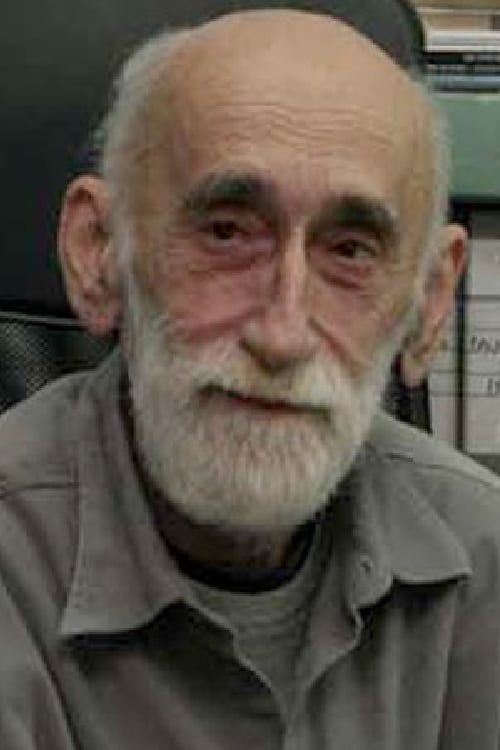
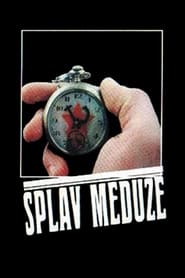 Story about a group of eccentric...
Story about a group of eccentric...